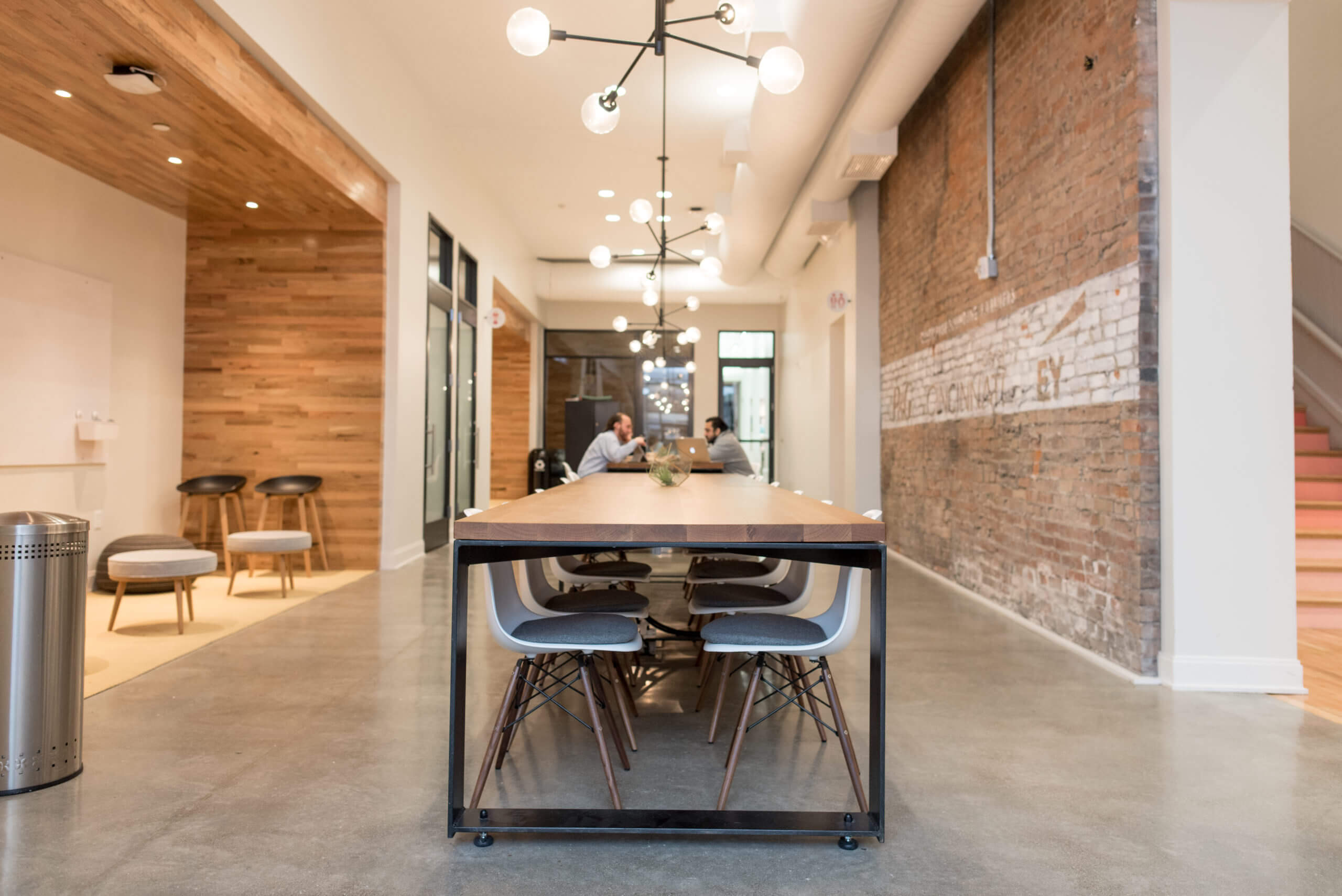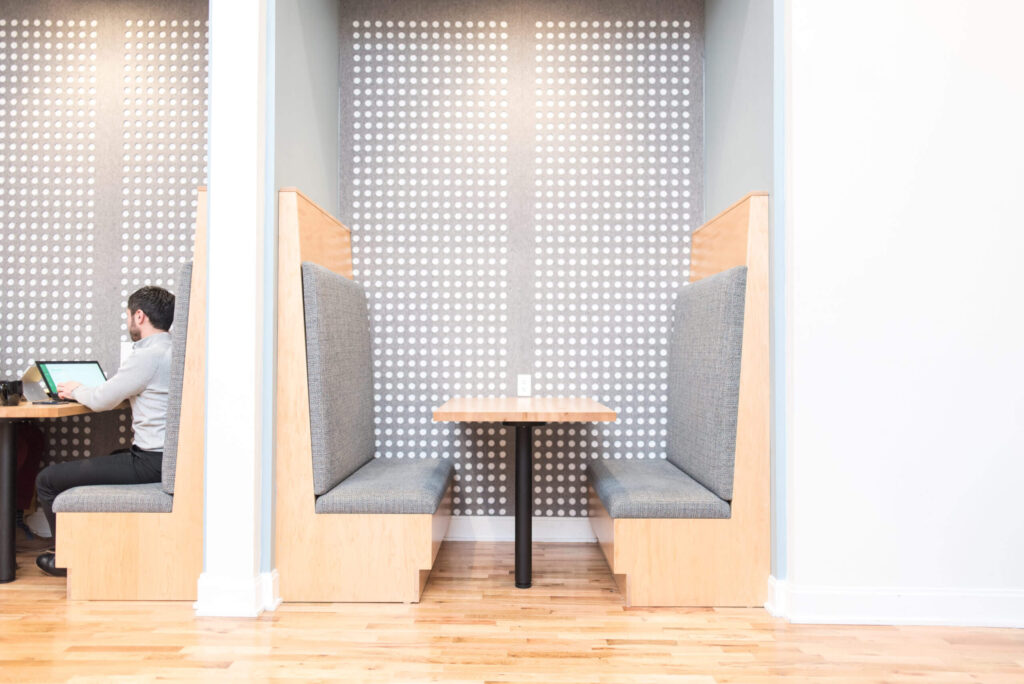In the new era of social distancing, any place where a sizable number of strangers gather is going to be disrupted. Hot desks are less appealing. Phone booths are now viewed as tiny germ-filled boxes. Conference rooms will need visible proof of when they were last sanitized. In-person programming, meetings and networking will come to a halt. Co-working spaces will need to make drastic changes to accommodate this new normal, from new business models and sanitation practices to flexible solutions for members.
While it is inevitable that some members will discontinue their membership, we can expect an influx of new members to take their place. BigCos will embrace remote work for employees. Startups will want to downsize from traditional office spaces with long term leases. Remote workers will need a professional mailing address and meeting space. All of these groups will eventually need an environment outside of their homes. Plus after over a month of quarantining at home, most will be itching for a change in scenery…away from their families. After all, we are social animals by nature, we thrive on having a social network and sense of community – which is where co-working spaces come in.
Now more than ever, co-working spaces need to be more than just a roof over their members’ heads. Co-working spaces need to be viewed as a resource for small businesses and entrepreneurs. It is the perfect time to pause, reflect and modify membership models. Shared office spaces need to offer robust (virtual) programming, business building tools, access to mentorship, and so much more in addition to a work space.
Pre-COVID19, renting a private office in a shared co-working space was becoming the trend. It allows for privacy while still providing a sense of community. Post-COVID19, I anticipate this being our most popular membership option and co-working spaces will need to modify their business models to embrace this trend. Plus, there are a lot of perks to renting more private offices: longer leases for better revenue forecasting, more hygienic than communal workspaces, and better crowd control if capacity restrictions are in place.
How can co-working spaces shift to embrace this trend?
- Convert more conference rooms into private offices. Since in-person meetings are on the decline, conference rooms will be rented less. It will be easy to make up for this lost event revenue through private office rentals. Better yet, you may even increase revenue by making this move.
- Modify communal areas to create more small offices. Large events will be paused for the foreseeable future. Why not break up large event rooms or open areas to create more in-demand dedicated space? This could involve a small investment in making some architectural changes, like adding walls, to create privacy.
- Space out dedicated desks. I anticipate increased interest in dedicated desks once private offices are sold out. In order to ensure there is 6ft of space between each rented desk, perhaps co-working spaces only rent every other desk – meaning no one is sitting side by side.
- Despite private offices and dedicated desks increasing in popularity, co-working areas should still be available. Operators need to think through how to keep an area that is essentially musical chairs for strangers clean and safe. New protocols for hot desks could include less seating, visible sanitizer and strict sick policy.
Don’t expect the floodgates to open with members rushing back to co-working spaces when it’s time to reopen. It will be an incremental trickle dependent on each individual’s comfort level. It will take some time to resume normalcy, but while you wait for business to resume, it would be wise to take advantage of this slow period to make the co-working space even better for the future. Whether your improvement plans are big or small, the goal is to stay productive and positive. With that being said, I am looking forward to returning to some normalcy and seeing active networks and communities come to life again soon.
Meanwhile, click here to take a Virtual Tour of Union Hall!







